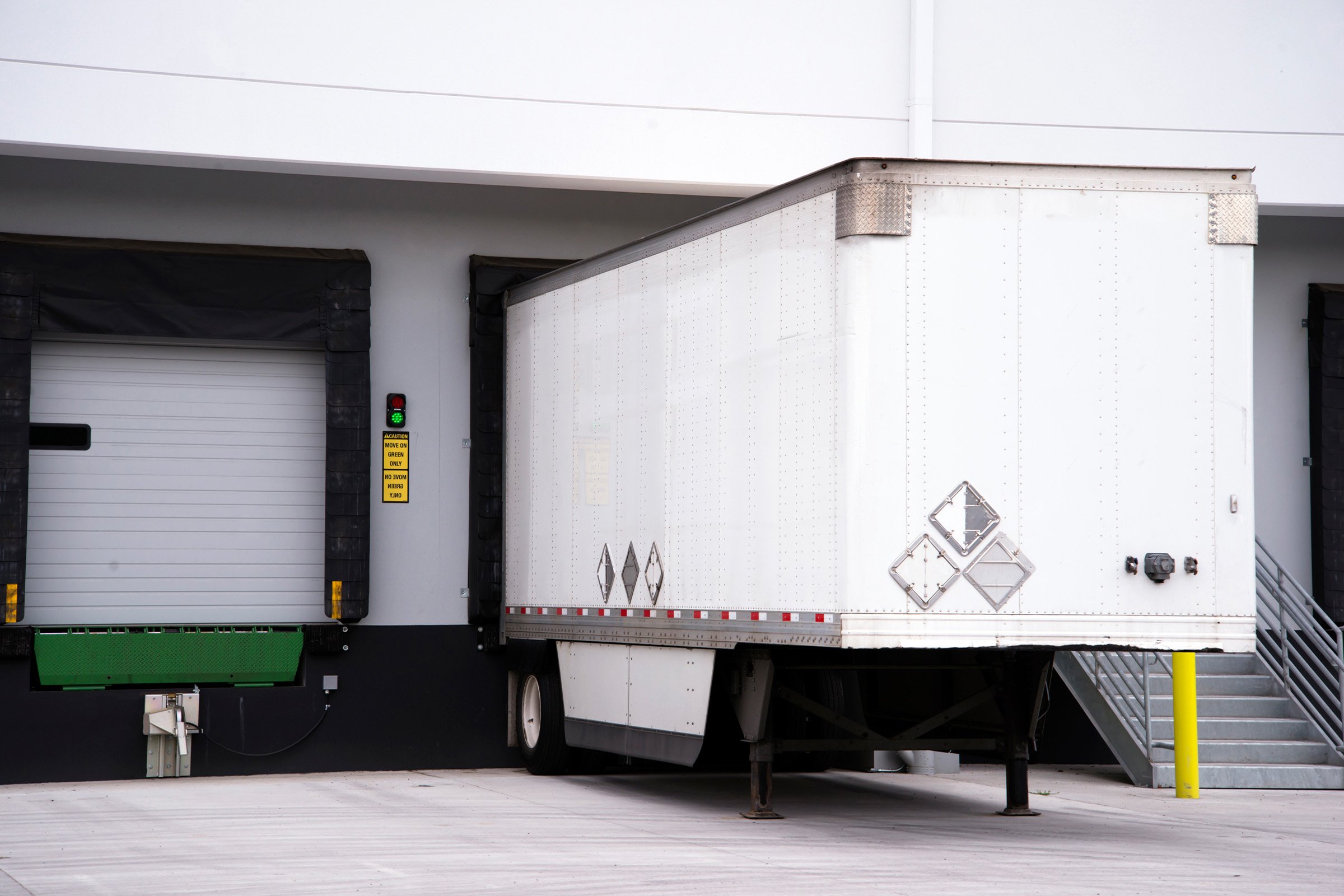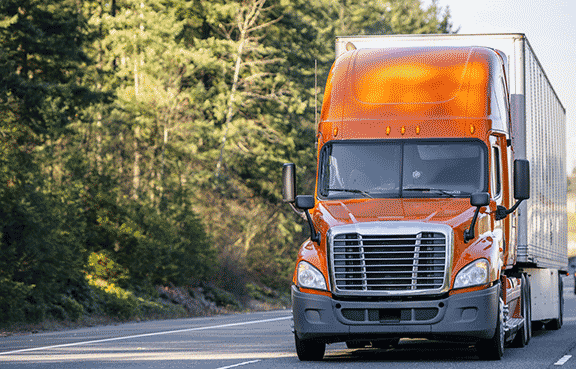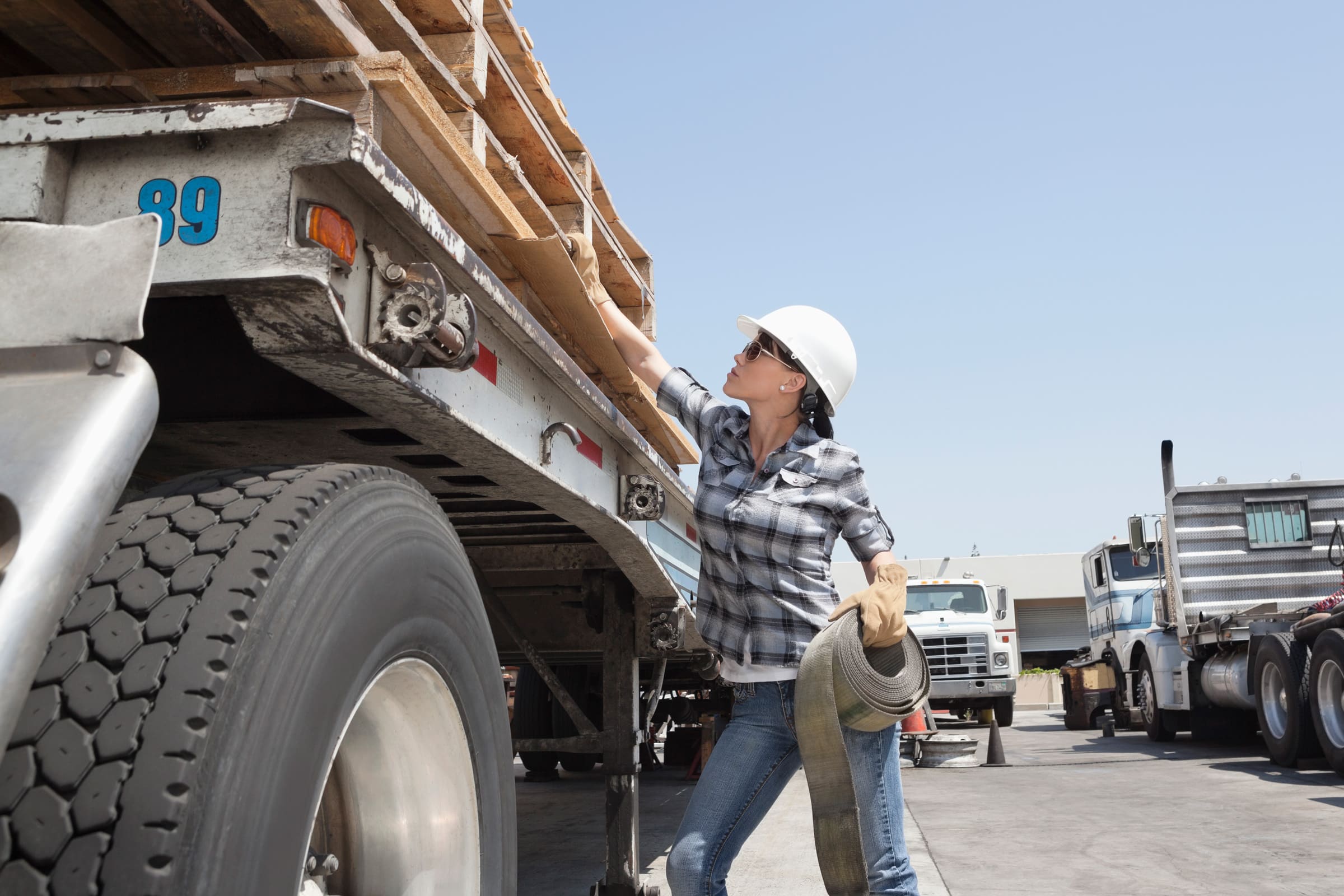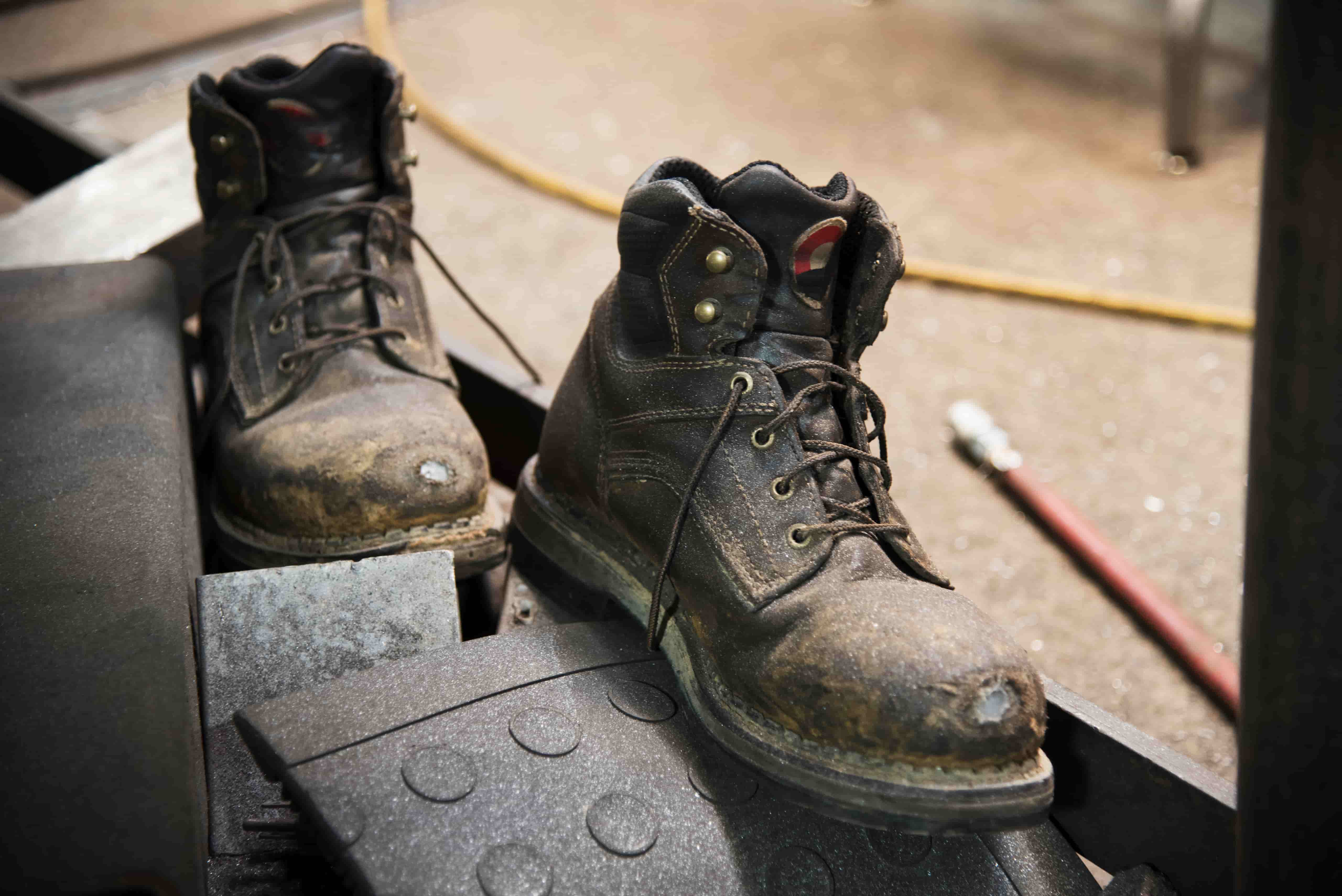What You Need To Know When Uncoupling A Trailer

Working around the truck can be just as dangerous to a driver as getting involved in a crash. One daily task a driver performs is uncoupling the trailer. This activity, if performed improperly, can result in shoulder and back strains, head injuries (e.g., cuts, abrasions, and concussions), as well as slips, trips, and falls. Read the information below, and determine if there are areas of your uncoupling technique that can be improved.
RECOGNIZE THE HAZARDS
![]()
ENVIRONMENT
Slip hazards can include wet or dry contaminants, such as water, dirt, or oil, on the floor. Trip hazards can include open file drawers, boxes on a stairwell, or trash left on the floor. Falling from an elevated position can include into an open service pit, from a loading dock, tractor steps, or off a ladder.
 EQUIPMENT
EQUIPMENT
Slips, trips, and falls can occur when using equipment improperly. Slipping on a mechanic’s roller seat in the shop, tripping over an extension cord, or falling off a ladder with a damaged rung are common hazards.
![]() PERSONAL BEHAVIORS
PERSONAL BEHAVIORS
Talking or texting on a device, talking to a co-worker, or eating and drinking while walking all divert your attention away from where you step and potential hazards in your path. Ignoring hazard signs and wearing improper footwear are other risky behaviors.
KNOW THE DEFENSE

BEFORE UNCOUPLING THE TRAILER
- Get Out And Look (GOAL) to ensure the ground is level and can support the weight of the trailer.
- Reposition the trailer to ensure your range of motion is not inhibited by nearby equipment.
- Stretch to warm up your arms, legs, shoulders, and back.
- Wear gloves to protect your hands.
- Shut off the trailer’s air supply to lock the trailer brakes.
- Check the fifth wheel area for any slip, trip, and fall hazards.
- Chock the trailer wheels.
- Lower the landing gear.
- Disconnect the trailer’s air and electrical lines.

UNCOUPLING THE TRAILER
- Use a fifth wheel pin puller to reduce the risk of a shoulder or back injury.
- Bend at the knees, not with your back, if crouching underneath the trailer.
- Be mindful not to hit your head.
- Hook the release lever with the pin puller and grip it with both hands. If a pin puller is not available, grip the end of the fifth wheel release lever with both hands.
- Face the fifth wheel. Position your feet shoulder-width apart with one foot slightly in front of the other for stability.
- Pull back on the lever or pin puller with both hands in one slow, steady motion. Avoid jerking and twisting movements.
- If the trailer fails to uncouple, you may need to rock the unit to loosen up the fifth wheel.
Note: These lists are not intended to be all-inclusive.
The information in this article is provided as a courtesy of Great West Casualty Company and is part of the Value-Driven® Company program. Value-Driven Company was created to help educate and inform insureds so they can make better decisions, build a culture that values safety, and manage risk more effectively. To see what additional resources Great West Casualty Company can provide for its insureds, please contact your safety representative, or click below to find an agent.
© Great West Casualty Company 2019. The material in this publication is the property of Great West Casualty Company unless otherwise noted and may not be reproduced without its written consent by any person other than a current insured of Great West Casualty Company for business purposes. Insured should attribute use as follows: “© Great West Casualty Company 2019. Used with permission by Great West Casualty Company.”
This material is intended to be a broad overview of the subject matter and is provided for informational purposes only. Great West Casualty Company does not provide legal advice to its insureds, nor does it advise insureds on employment-related issues. Therefore, the subject matter is not intended to serve as legal or employment advice for any issue(s) that may arise in the operations of its insureds. Legal advice should always be sought from the insured’s legal counsel. Great West Casualty Company shall have neither liability nor responsibility to any person or entity with respect to any loss, action, or inaction alleged to be caused directly or indirectly as a result of the information contained herein.




